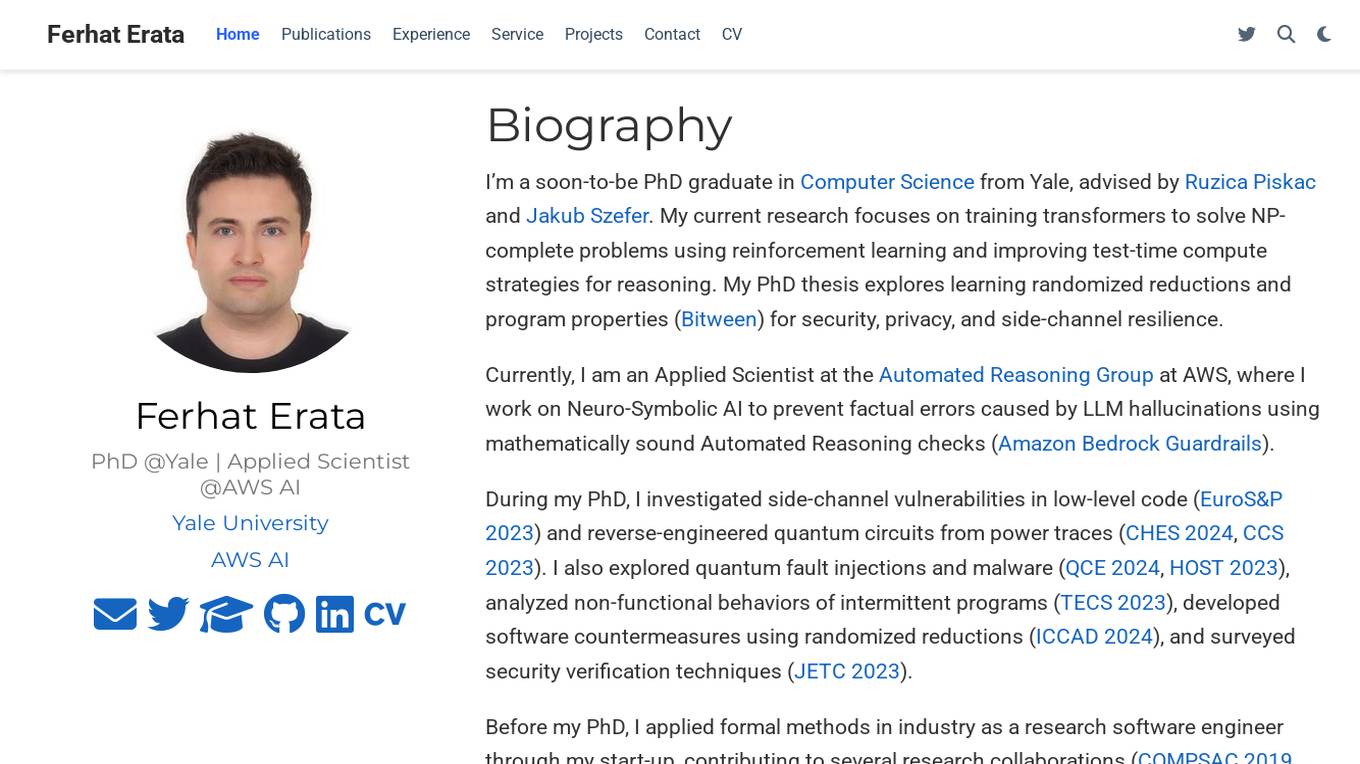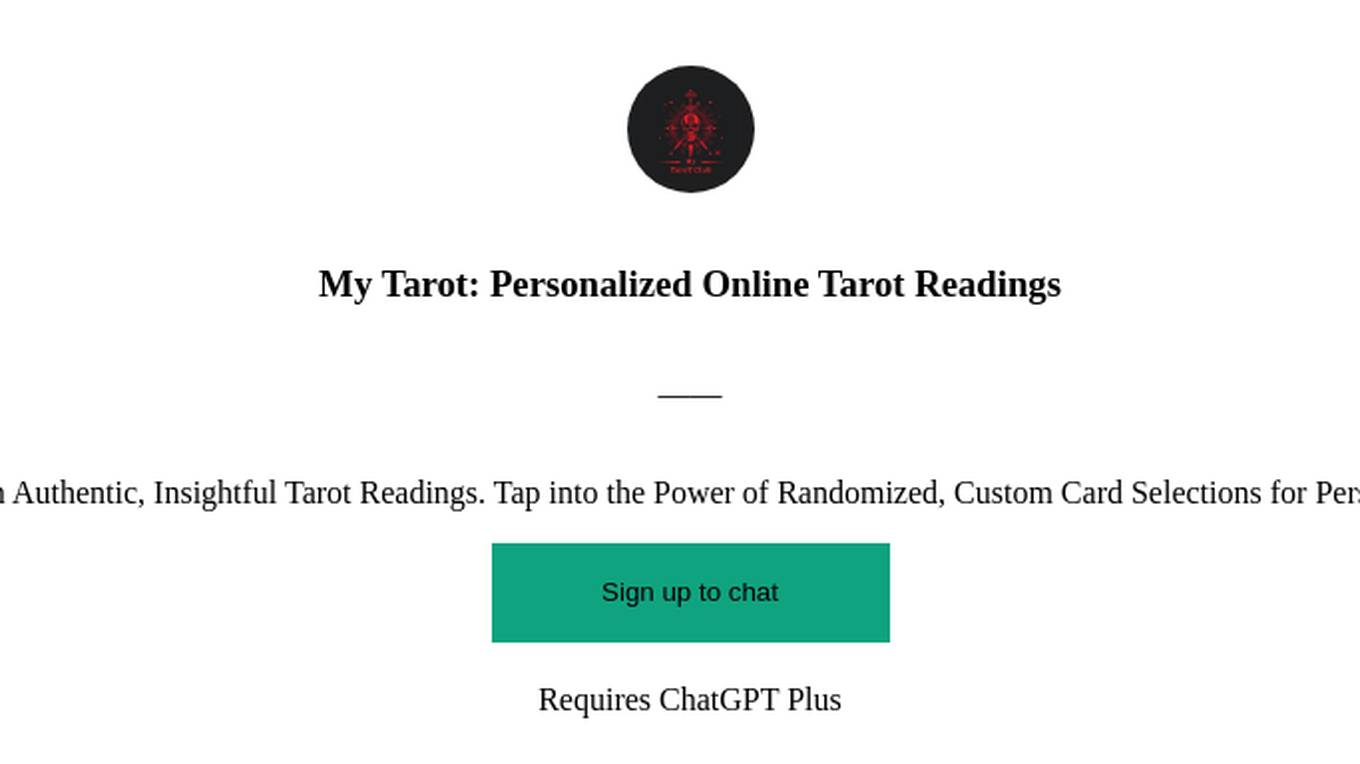Best AI tools for< Randomize Topics >
4 - AI tool Sites

DebateAI
DebateAI.org is an AI-powered platform designed to facilitate online debates on various topics. Users can engage in structured debates with other participants, leveraging the AI technology to enhance the experience. The platform offers a user-friendly interface for creating and joining debates, along with features like topic randomization and donation options. DebateAI.org aims to provide a dynamic and interactive space for individuals to hone their debating skills and engage in intellectual discussions.

Photostock
Photostock is a website offering a vast collection of high-resolution, free stock images for personal and commercial use. Users can easily search for and download images on various topics, with the option to attribute the photographer. The platform aims to support creativity by providing quality images without any cost, helping individuals and businesses stand out in their projects. Photostock utilizes APIs from multiple stock photo providers to compile images in one convenient location, offering a smooth user experience with features like optimized search, randomized photo display, and daily additions of new high-quality images.

Comicai.ai
Comicai.ai is an AI tool designed to assist users in creating comics. It provides resources and information related to comic creation. The website was generated by the domain owner using Sedo Domain Parking. Please note that Sedo has no relationship with third-party advertisers and does not control or endorse any specific service or trademark mentioned on the site.

Ferhat Erata
Ferhat Erata is an AI application developed by a Computer Science PhD graduate from Yale University. The application focuses on training transformers to solve NP-complete problems using reinforcement learning and improving test-time compute strategies for reasoning. It also explores learning randomized reductions and program properties for security, privacy, and side-channel resilience. Ferhat Erata is currently an Applied Scientist at the Automated Reasoning Group at AWS, working on Neuro-Symbolic AI to prevent factual errors caused by LLM hallucinations using mathematically sound Automated Reasoning checks.
0 - Open Source AI Tools
1 - OpenAI Gpts

My Tarot: Personalized Online Tarot Readings
Discover Your Path with My Tarot: Engage in Authentic, Insightful Tarot Readings. Tap into the Power of Randomized, Custom Card Selections for Personalized Guidance. Start Your Journey Today!